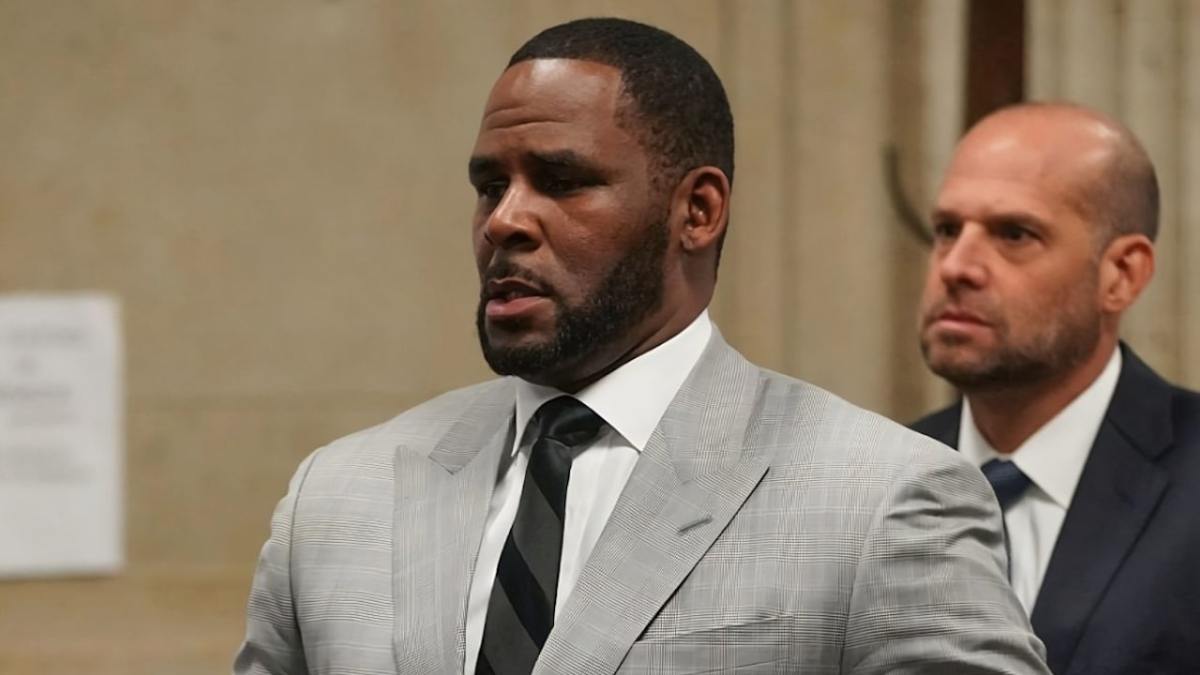R. Kelly is seeking a revision for his 30-year prison sentence and his attorney has cited frat culture during her appeal.
Speaking to an appeals court on Monday (March 18), attorney Jennifer Bonjean reportedly claimed college fraternities could be deemed racketeering organizations under a law used to convict the singer.
AD LOADING...
The law was used when he was found guilty on three counts of child pornography and three counts of child enticement.
According to MSN, Bonjean tried to persuade judges that prosecutors improperly used a racketeering statute written to shut down organized crime to go after R. Kelly, in attempt to reverse his 2021 convictions or win him a new trial.
She said it was unfair prosecutors charged Kelly with leading a Racketeer Influenced and Corrupt Organization (RICO) enterprise from 1994 to 2018.
AD LOADING...
“This was not a collection of people who had a purpose to recruit girls for sexual abuse or child pornography,” she said. “Whether they turned a blind eye, whether some of them suspected that some of these girls were underage, that’s a whole different matter.
“And once we get into that sort of territory, where we’re going to say that constitutes a RICO enterprise, well we have a lot of organizations — we have a lot of frat houses — we have all types of organizations that are now going to become RICO enterprises.”
The judges reportedly questioned Bonjean and a prosecutor who defended the government’s handling of the case.
Assistant U.S. attorney Kayla Bensing stated Kelly’s network of aides and employees were part of Kelly’s “system in place that lured young people in to his orbit” before he “took over their lives.”
AD LOADING...
In other news related to R. Kelly’s legal issues, it was revealed he was suing the United States government over seized commissary funds over the weekend.
“The defendant is appealing his conviction and the government’s seizure of his substantial Bureau of Prisons commissary account to satisfy the financial penalties imposed in the case,” an announcement said.






